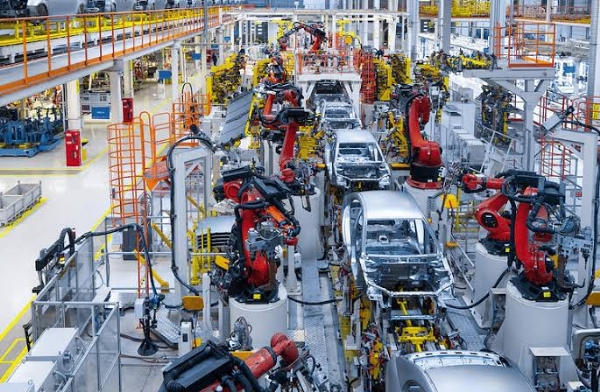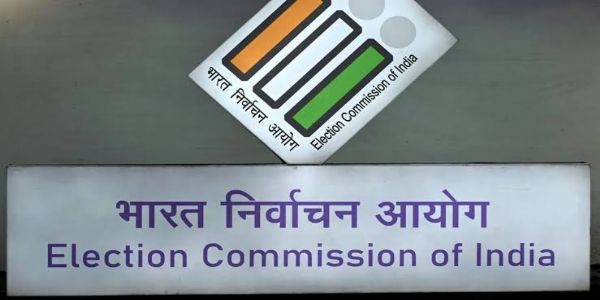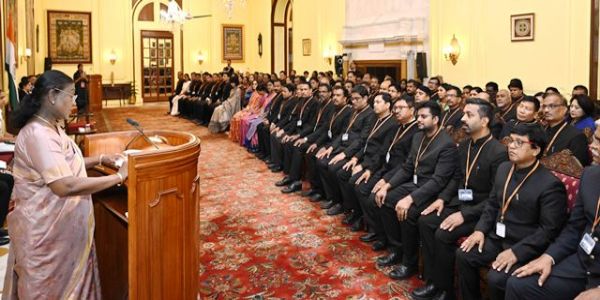
Delhi, 2 June (H.S.): The Government of India has approved a scheme to promote domestic manufacture of passenger cars, focusing on electric vehicles (EVs), under Prime Minister Narendra Modi's leadership. This initiative supports national goals of achieving net zero emissions by 2070, enhancing sustainable mobility, driving economic growth, and reducing environmental impact, while positioning India as a global automotive manufacturing hub. The Ministry of Heavy Industries (MHI) issued guidelines for the “Scheme to Promote Manufacturing of Electric Passenger Cars in India” (SPMEPCI), with notifications on March 15, 2024, also including reduced import duties from the Ministry of Finance.
The scheme aims to attract global EV manufacturers, create jobs, and foster the Make in India initiative. Approved applicants can import Completely Built Units (CBUs) of electric vehicles at a reduced customs duty of 15% for five years, with a minimum investment of ₹4,150 crore required. The scheme balances cutting-edge technology importation with the promotion of indigenous manufacturing capabilities, establishing a policy environment conducive to long-term investments in electric vehicle production.
The scheme mandates domestic value addition targets to enhance the ‘Make in India’ and ‘Aatmanirbhar Bharat’ initiatives, enabling global and domestic firms to participate in India's green mobility revolution. Approved applicants may import Completely Built Units (CBUs) of e-4W from global group companies with a minimum CIF value of USD 35,000, benefiting from a reduced customs duty of 15% for five years.
The import cap is set at 8,000 e-4Ws annually, with unutilized limits carryover permitted. Duty forgiveness is capped at Rs. 6,484 crore or the applicant's committed investment (minimum Rs. 4,150 crore). Applicants must invest at least Rs. 4,150 crore within three years and establish manufacturing operations for e-4W within that timeframe. There is no upper limit on investment. Domestic value addition must reach 25% within three years and 50% within five years, with verification by approved testing agencies. Investments should focus on domestic manufacturing, with clear demarcation for brownfield projects and eligibility for new plant, machinery, and R&D expenses.
Expenditure on land is excluded, while investment in buildings and utilities is allowed, capped at 10% of the committed investment. Charging infrastructure costs are considered up to 5% of the committed investment.
A Bank Guarantee from a scheduled commercial bank in India is required, equivalent to the total duty forgone or Rs. 4,150 crore, whichever is higher, and must remain valid throughout the scheme's duration. Applications will be accepted over a 120-day period or longer, with the Ministry of Heavy Industries (MHI) allowed to extend the window until March 15, 2026. A non-refundable fee of Rs. 5,00,000 is required upon application submission, which will be available online following a notice to be published on the MHI website. To qualify for benefits under the scheme, applicants must meet specific eligibility criteria, including a minimum global group revenue from automotive manufacturing of Rs. 10,000 crore and a gross block investment of Rs. 3,000 crore in fixed assets, based on their latest audited financial statements.
---------------
Hindusthan Samachar / Jun Sarkar








